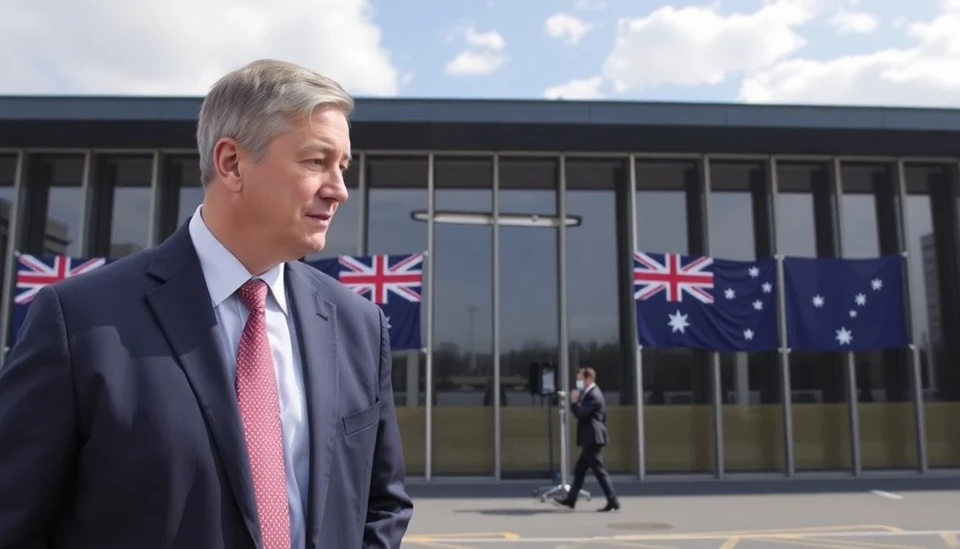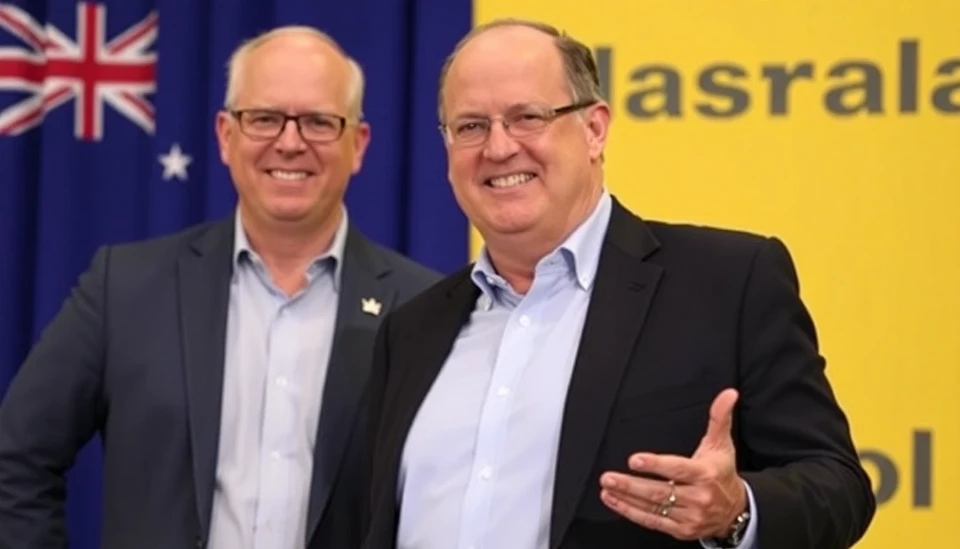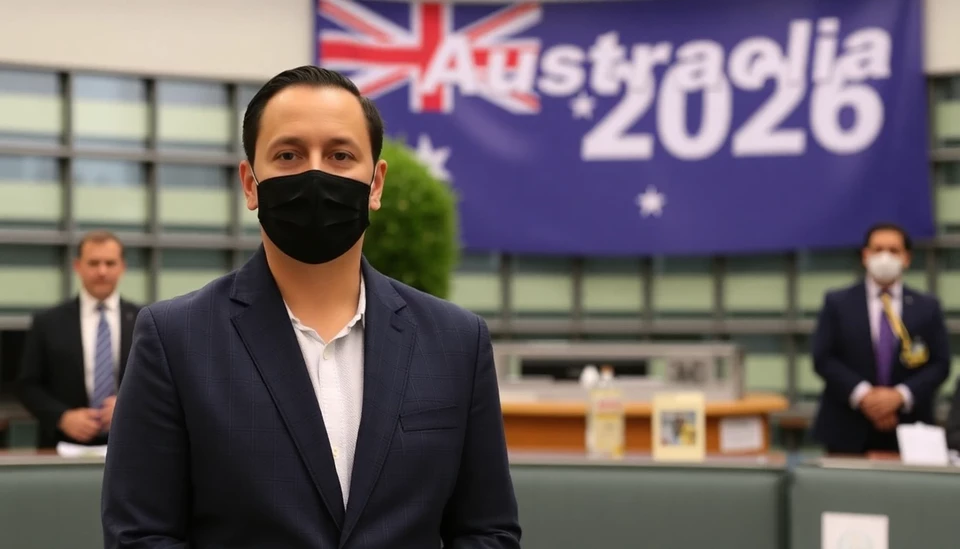
As the 2025 federal elections in Australia draw nearer, the nation’s fiscal landscape is becoming increasingly precarious, with projections indicating that budget deficits will expand significantly in the coming years. The latest forecasts from the Treasury Department highlight a troubling trend of widening fiscal gaps, posing challenges for incumbent leaders and the opposition alike.
In recent discussions, officials cited a projected budget deficit of AUD 34 billion (approximately USD 21.6 billion) for the 2024-2025 fiscal year, a stark increase from earlier estimates. The economic context is further complicated by rising interest rates, which are putting pressure on the economy. This forecast comes as the federal government is also grappling with inflation that is stubbornly above the target range, prompting concerns regarding overall economic stability.
In light of these developments, Finance Minister Katy Gallagher emphasized the importance of maintaining fiscal responsibility amidst these challenges. Gallagher noted that while the government is committed to managing expenditures, external economic pressures such as escalated energy costs and supply chain disruptions continue to complicate budgetary goals. "We are facing a defining moment in our fiscal policy, and it is essential to balance growth with the need for fiscal prudence," she stated during a recent media briefing.
The deteriorating budget outlook could impact the government's ability to fund key services and initiatives that have been election cornerstones, including healthcare and education. Analysts suggest that this predicament may have far-reaching implications for the ruling party’s strategy as they prepare to campaign for re-election. A focus on austerity measures could alienate voters who are already concerned about the rising cost of living and reduced public services.
Furthermore, the opposition has seized upon the government’s budget woes to critique its economic management. The opposition leader has accused the government of failing to deliver on promises of a balanced budget, suggesting that the fiscal deficit is indicative of broader systemic issues within the current administration. This political landscape is shaping up to be contentious, with both parties vying for voter support amid criticisms and promises for economic reforms.
Investment analysts are also expressing concern. They warn that escalating deficits could lead to a downgrade in Australia’s credit rating, impacting its ability to borrow funds at favorable rates. This potential scenario is being closely monitored by investors and may affect future government policy decisions, especially in the lead-up to the elections.
Looking ahead, the government has signaled a willingness to engage in collaborative discussions with economic stakeholders and experts to navigate these fiscal challenges. Meetings aimed at developing sustainable long-term strategies for economic growth are expected in the coming months, as both the government and the opposition prepare for the heightened scrutiny of their financial management as the elections approach.
In conclusion, as Australia faces a near-term future characterized by expansive budget deficits, the focus will be not only on the economic data but also on the political ramifications of the impending elections. Public sentiment will play a crucial role in shaping the dialogues around fiscal policy and economic management as parties gear up for one of the most consequential elections in recent years.
#Australia #BudgetDeficit #2025Election #Economy #Finance #Politics #KatyGallagher #Election2025
Author: Laura Mitchell




